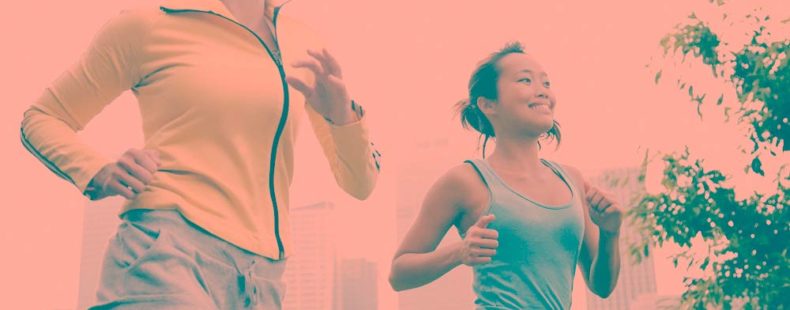Runner's high
A runner’s high seems pretty spectacular. All of your aches, pains, and emotional baggage just vanish after a kick-ass workout.
For many years, people believed that exercising for long periods of time helped release endorphins and provided a “morphine-like effect on the body” (webmd.com). In the 1980s, scientists even published this research in the US National Library of Medicine. Well, this myth supposedly dates back to our ancestors who lived in the wild and had to run away from predators. Now, that was some kind of runner’s high.
And, while the endorphin increase isn’t necessarily backed by facts, it is a fact that those who work out more frequently are healthier mentally. This is because they are focusing on moving their body during a given task, which can put them in a calm, meditative state.
To us, this myth is proven.






















